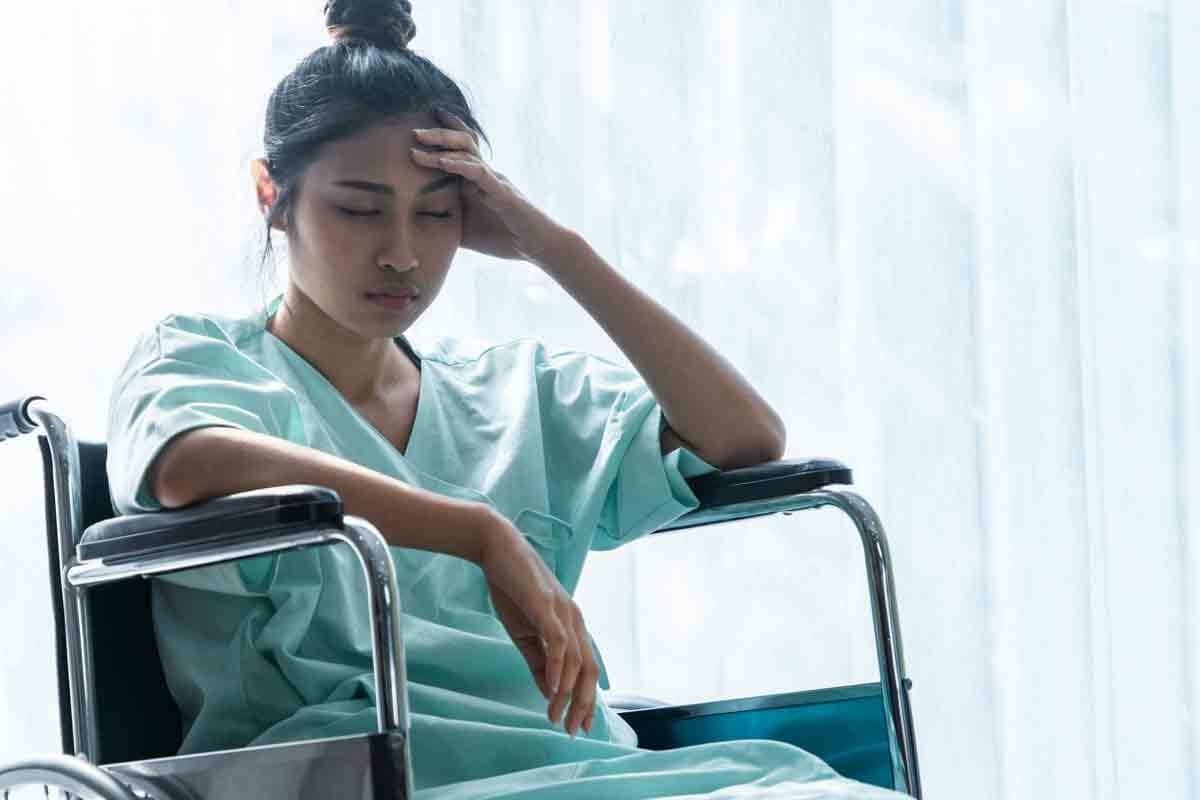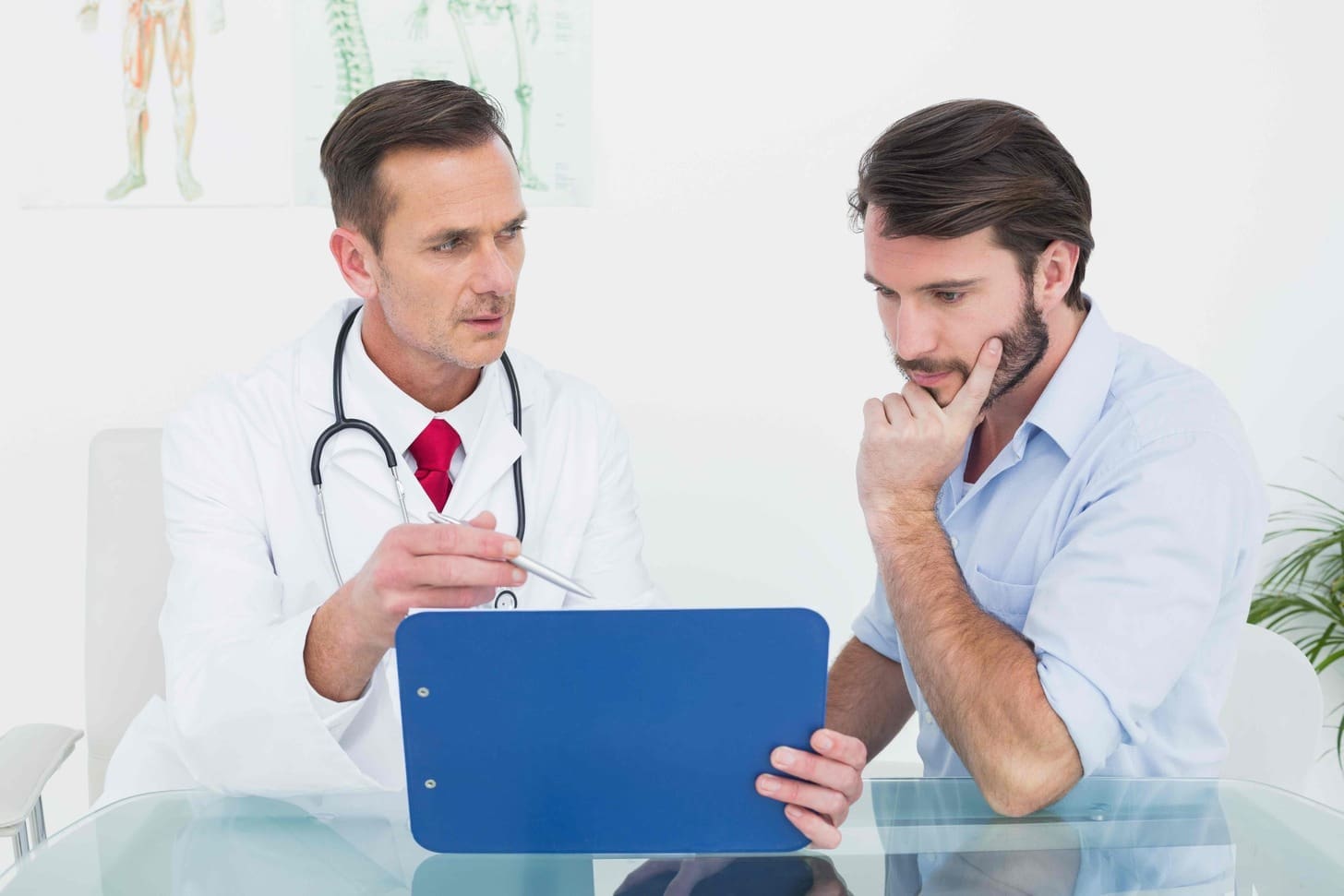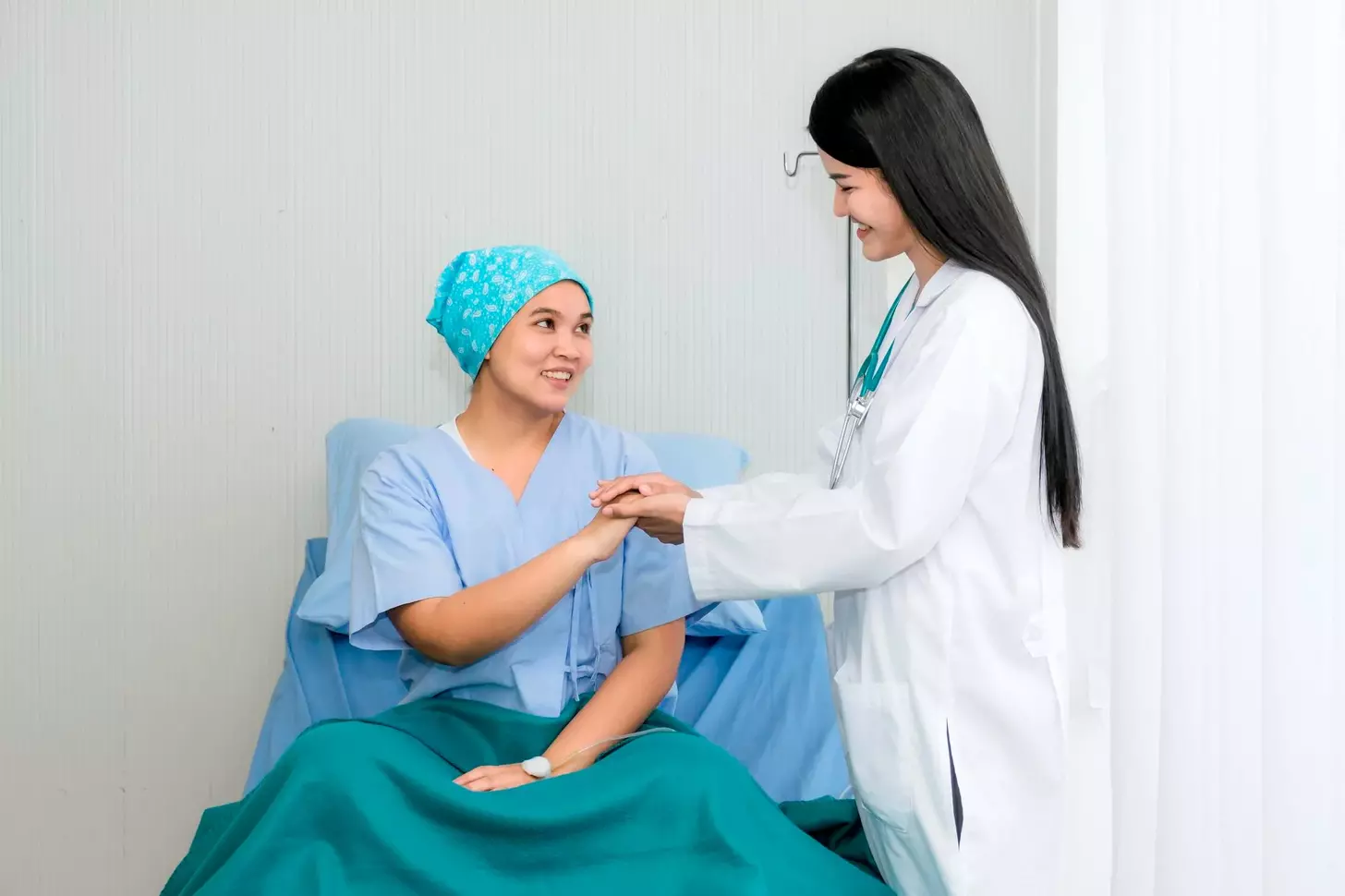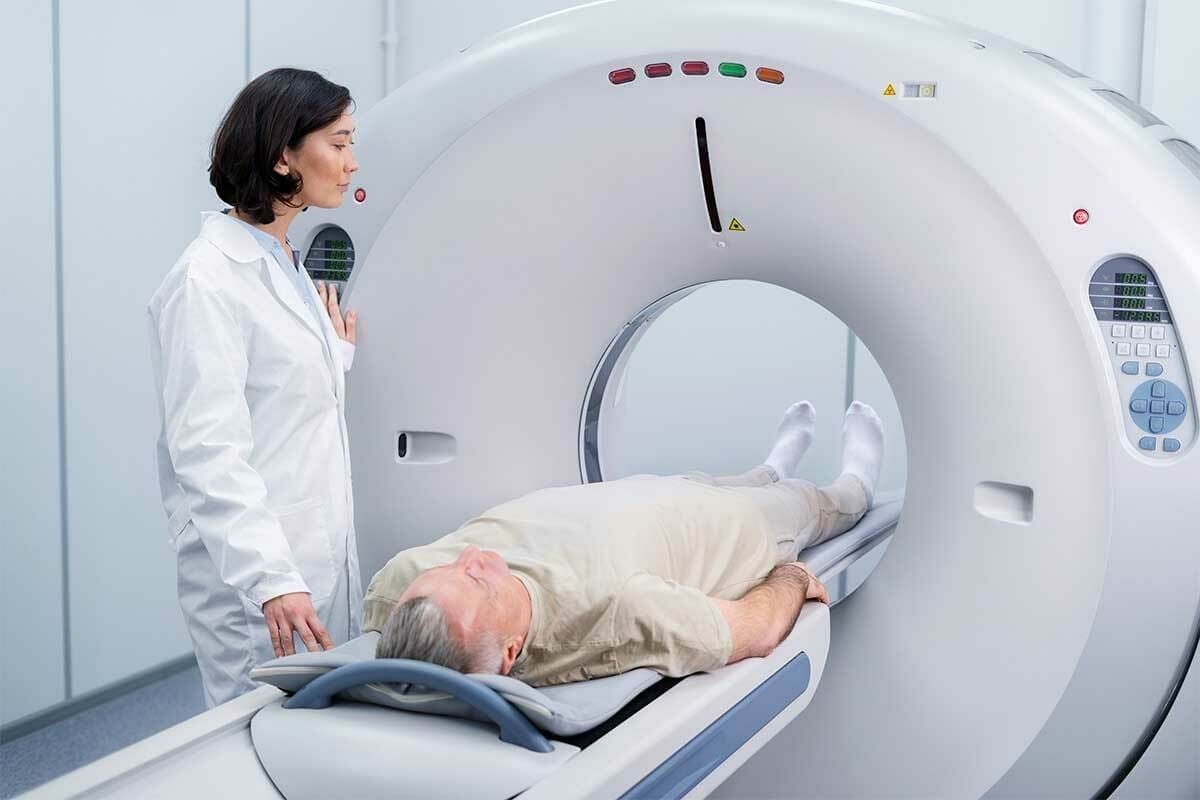Last Updated on November 26, 2025 by Bilal Hasdemir
Chemotherapy is a tough treatment that needs careful diet planning. A healthy diet is key during this time. It helps the body deal with treatment side effects. But, some fruits and foods can harm a patient’s health.
Did you know some fruits can mess with chemotherapy? They might make the treatment less effective or raise the risk of problems. Fruits high in acidity or sugar can make side effects worse. Knowing what to eat and what to avoid during chemo is very important for patients.
Key Takeaways
- Chemotherapy patients need a careful diet to manage treatment side effects.
- Certain fruits can interact with chemotherapy, reducing its effectiveness.
- A healthy diet is vital during cancer treatment.
- Patients should know the risks associated with specific foods during chemo.
- Proper nutrition helps the body cope with chemotherapy.
Understanding Chemotherapy and Dietary Restrictions
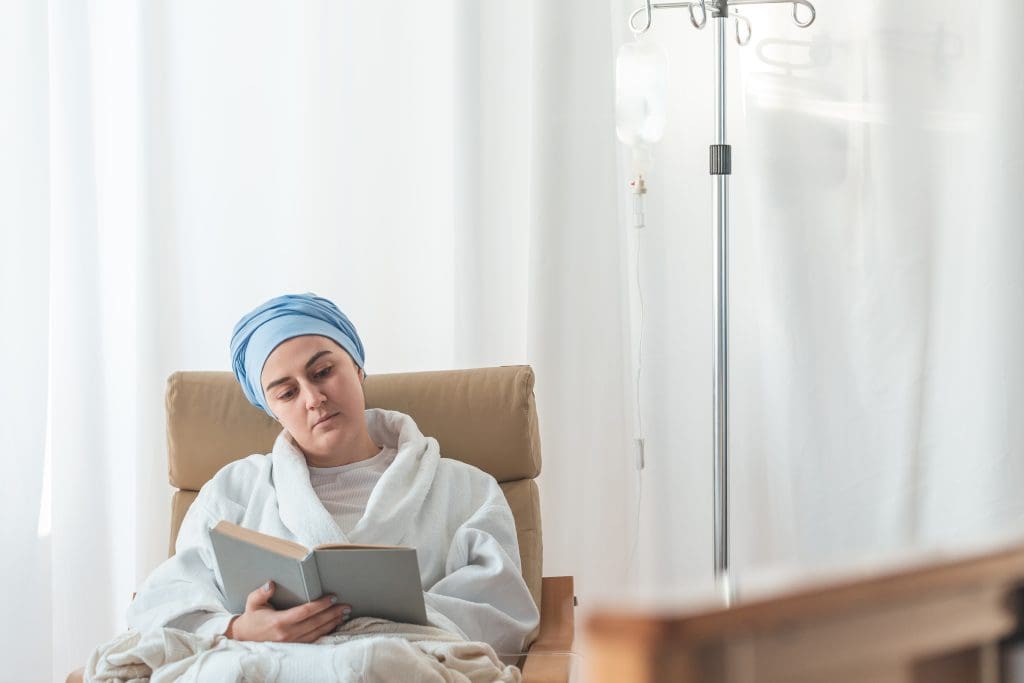
Chemotherapy doesn’t just fight cancer cells; it also affects your health and digestive system. It’s important to know how it impacts your body and why you need to follow certain dietary rules.
How Chemotherapy Affects Your Digestive System
Chemotherapy targets cells that grow fast, including some healthy ones in your digestive system. This can cause side effects like nausea, diarrhea, and mouth sores. Your body’s ability to digest food is weakened, so it’s key to eat foods that are easy on your stomach.
The digestive system’s response to chemotherapy can differ. It depends on the drugs used, the dosage, and your individual health. Common problems include:
- Mucositis: inflammation of the digestive tract’s lining
- Nausea and vomiting: caused by brain stimulation
- Diarrhea or constipation: changes in bowel habits
Why Certain Foods Become Problematic During Treatment
Some foods can be tough to handle during chemotherapy. This is because your digestive system changes and your body’s nutrient processing is affected. Foods high in sugar, fat, or spice can make nausea worse. Also, foods hard to digest or risky for infections, like raw or undercooked foods, are best avoided.
Knowing which foods to limit or avoid is key to reducing side effects and getting the nutrients you need. The table below lists some foods to limit or avoid during chemotherapy.
| Food Category | Examples | Reason to Avoid |
| Raw or Undercooked Foods | Raw eggs, undercooked meat, unpasteurized dairy | Risk of infection due to weakened immune system |
| High-Fiber Foods | Beans, cabbage, broccoli | Can cause gas, discomfort, or bowel issues |
| Spicy or High-Fat Foods | Spicy curries, fried foods | Can exacerbate nausea and digestive discomfort |
By understanding how chemotherapy affects your digestive system and making smart food choices, you can manage your treatment better. This helps reduce the risk of complications.
The Relationship Between Fruits and Chemotherapy
Fruits and chemotherapy have a complex relationship. This involves how nutrients interact, the immune system’s sensitivity, and antioxidant effects. Chemotherapy affects the body in many ways, including how it handles nutrients.
Nutrient Interactions with Chemotherapy Drugs
Fruits have nutrients and compounds that can affect chemotherapy drugs. For example, grapefruit and its juice can change how some drugs are broken down. This can lead to more drugs in the body, which might increase side effects.
Other fruits might also affect chemotherapy drugs, but how much can vary. For instance, the high vitamin C in citrus fruits like oranges and grapefruits could impact some drugs’ effectiveness.
Immune System Vulnerabilities and Food Safety
People on chemotherapy have weaker immune systems. This makes them more likely to get sick from food. Raw or unwashed fruits can be a big risk because of bacteria, viruses, or other germs.
To stay safe, it’s best for chemotherapy patients to eat fruits that are clean, peeled, or cooked. This helps lower the chance of getting sick when the body’s defenses are down.
| Fruit | Precaution | Rationale |
| Berries | Wash thoroughly or cook | Risk of bacterial or viral contamination |
| Citrus Fruits | Peel before consumption | Reduce risk of pesticide exposure and contamination |
| Tropical Fruits | Wash and peel | Minimize risk of foodborne pathogens |
Antioxidant Concerns During Treatment
Fruits are full of antioxidants, which are good for health but might be a problem during chemotherapy. Too many antioxidants can make chemotherapy less effective by protecting cancer cells from treatment’s damage.
But how much this happens depends on the cancer type, the chemotherapy, and how many antioxidants are eaten. It’s important for patients to talk to their about their diet to find the best way to eat.
Specific Fruits to Avoid During Chemotherapy
Some fruits can react badly with chemotherapy, so it’s key to know which ones to skip. Fruits are usually good for you, but some can cause problems or make treatment less effective.
Citrus Fruits: Grapefruit, Oranges, and Lemons
Citrus fruits are popular and packed with vitamin C. But, some can mess with chemotherapy drugs.
- Grapefruit: Grapefruit has stuff that can slow down how your body breaks down many chemotherapy drugs. This can make drug levels too high, raising the chance of side effects.
- Oranges: Oranges are mostly okay, but their vitamin C might interact with some chemotherapy. It’s best to eat oranges in small amounts.
- Lemons: Lemons are used in small amounts for flavor. But, their acidity can bother your mouth and throat, which is bad if you’re getting mouth sores from chemotherapy.
Berries and Other High-Antioxidant Fruits
Berries and other fruits high in antioxidants are good for you. But, they might not be the best choice for everyone getting chemotherapy.
| Fruit | Antioxidant Level | Potential Concern During Chemotherapy |
| Blueberries | High | May interact with certain chemotherapy drugs due to high antioxidant content. |
| Raspberries | High | High fiber content may cause digestive issues in some patients. |
| Strawberries | Moderate to High | Potential for allergic reactions or interactions with chemotherapy. |
Tropical Fruits Considerations
Tropical fruits are nutritious but can be risky during chemotherapy.
- Pineapple: Pineapple has bromelain, an enzyme that can mess with some medications, including chemotherapy drugs.
- Mango: Mangoes are full of vitamins and minerals but are also very sweet. People with diabetes or those getting high blood sugar from chemotherapy should eat mangoes carefully.
It’s very important for patients getting chemotherapy to talk to their or a dietitian. They can help make a diet plan that’s safe and helps you get the nutrients you need.
Why Grapefruit Is Particularly Problematic During Chemo
Grapefruit has compounds that can change how chemotherapy drugs work in the body. This fruit is nutritious but can cause problems with some chemotherapy drugs. It might make the drugs less effective or increase side effects.
Effect on Drug Metabolism
Grapefruit affects drug metabolism mainly because it blocks the enzyme CYP3A4 in the small intestine. This enzyme is key for breaking down many drugs, including some chemotherapy agents. Grapefruit’s blockage of CYP3A4 can lead to higher drug levels in the blood, which might increase toxicity.
Specific Chemotherapy Drugs That Interact with Grapefruit
Several chemotherapy drugs interact with grapefruit, including:
- Etoposide: Used in treating various cancers, etoposide’s levels can become elevated when consumed with grapefruit.
- Vinca alkaloids (e.g., vinblastine, vincristine): Grapefruit can increase the toxicity of these drugs.
- Docetaxel: A chemotherapy medication that can have increased blood levels due to grapefruit consumption.
It’s important for patients to tell their oncologists about their diet, including grapefruit, to assess risks.
How Long to Avoid Grapefruit Before and After Treatment
The time to avoid grapefruit varies based on the chemotherapy regimen and patient factors. Generally, patients are advised to avoid grapefruit:
- Before Treatment: For at least 3 days before starting chemotherapy to minimize interactions.
- During Treatment: Throughout the treatment cycle, as grapefruit’s effects can last for several days.
- After Treatment: For a few days after finishing chemotherapy, to ensure drug levels return to normal.
Patients should talk to their healthcare provider for personalized dietary advice during chemotherapy.
Are Oranges Good for Chemo Patients?
Oranges are full of vitamins and minerals, but eating them during chemo needs thought. They’re packed with vitamin C, which is good for health. But, oranges and chemo drugs might not mix well.
Potential Benefits and Risks of Orange Consumption
Oranges offer nutrients that chemo patients might miss. Vitamin C in oranges boosts the immune system, which is weak during treatment. But, oranges might also affect chemo drugs, making them less effective or causing more side effects.
“Oranges’ acidity and sugar can be bad for mouth sores or taste changes from chemo,” a study says. Patients should think about this before eating oranges.
When to Avoid Oranges During Treatment
Chemo patients should skip oranges when taking drugs that react with citrus. Oranges might not be as strong as grapefruit, but it’s better to be safe.
- When taking specific chemotherapy drugs that may interact with citrus.
- If experiencing severe mouth sores or digestive issues.
- During periods of heightened sensitivity to acidic foods.
Safer Ways to Consume Citrus During Chemotherapy
If oranges are okay for you, there are safer ways to eat them. Cooking or canning oranges makes them less acidic and easier to digest. Eating oranges in small amounts and as part of a balanced diet can also help.
Tips for safer consumption:
- Choose navel oranges or other less acidic varieties.
- Peel and segment oranges to reduce exposure to pesticide residues.
- Mix oranges with other foods to balance out the acidity.
By thinking about these tips, chemo patients can decide if oranges are right for their diet.
Foods to Avoid While on Chemo: A Comprehensive Guide
When you’re on chemotherapy, what you eat is very important. It helps avoid bad side effects and complications. Knowing which foods are safe and which to avoid is critical for patients.
Raw and Undercooked Foods
Raw and undercooked foods are risky for people on chemo. Their immune systems are weak. Foods like raw eggs, undercooked meat, and unpasteurized dairy can have harmful bacteria.
To stay safe, cook your food well. Make sure eggs are hard-boiled, meat is cooked right, and use only pasteurized dairy.
High-Bacteria Risk Foods
Some foods have more bacteria and should be avoided. Soft cheeses like brie and feta can have Listeria. Raw sprouts can have Salmonella or E. coli.
Avoid deli meats and hot dogs unless they’re steaming hot. Always check labels for handling and storage tips.
Foods That May Worsen Side Effects
Some foods can make chemo side effects worse. Spicy or fatty foods can upset your stomach. This can make nausea and diarrhea worse.
If you have mouth sores, avoid sharp or acidic foods. Stick to bland, soft foods that are easy to swallow.
What Cancer Patients Should Avoid Beyond Fruits
Cancer patients on chemo should watch out for more than just fruits. Avoid caffeinated drinks and alcohol. They can make you dehydrated and worsen side effects like fatigue and nausea.
High-fiber foods can be tough for some patients, causing diarrhea or constipation. Adjust your diet based on how you feel to manage these issues.
Safe Fruit Options During Chemotherapy
There are many fruits safe for those on chemotherapy. Some fruits might not mix well with chemotherapy drugs or could be risky. But, others are nutritious and can be part of a cancer patient’s diet.
Cooked Fruit Alternatives
Cooking fruits can make them safer for chemotherapy patients. Cooked fruit alternatives like applesauce, cooked pears, or baked apples are good choices. They are easier to digest and less likely to cause problems.
Low-Risk Fruit Choices
Some fruits are safer for those on chemotherapy. These fruits are less likely to have harmful bacteria and don’t interact much with chemotherapy drugs. Examples of low-risk fruits include bananas, melons (when properly washed and peeled), and avocados (technically a fruit). Make sure to wash these fruits well before eating and peel them when you can.
Proper Fruit Preparation for Cancer Patients
Proper fruit preparation is key for cancer patients on chemotherapy. Wash fruits under running water to remove bacteria or pesticide residues. For fruits with peels, like bananas or oranges, peeling them can help avoid contamination. Also, cut fruits on clean surfaces and use clean utensils to prevent cross-contamination.
By picking the right fruits and preparing them correctly, cancer patients can enjoy a variety of fruits. This helps them avoid risks linked to chemotherapy.
Common Misconceptions About Fruit Consumption During Chemotherapy
Many think all fruits are bad during chemotherapy, but that’s not true. Some fruits might not mix well with chemotherapy drugs or could be risky because of their fiber or sugar. But, not all fruits are the same in this situation. Knowing the differences can help patients choose better.
The “All Fruits Are Dangerous” Myth
The idea that all fruits are bad during chemotherapy comes from some fruits affecting drugs or being high in fiber or sugar. Yet, fruits are key for getting important nutrients like vitamins, minerals, and antioxidants. These help keep health up during treatment.
Not all fruits are risky; some can be eaten safely if they’re cooked or chosen carefully. For example, cooked fruits or those less likely to cause allergic reactions or drug interactions are safer.
Understanding Individual Treatment Protocols
Chemotherapy isn’t the same for everyone. Different treatments can react differently with foods, including fruits. It’s important for patients to know their specific treatment plan and how fruits might affect it.
Working closely with healthcare providers, like oncologists and dietitians, helps find out which fruits are safe. This tailored approach makes sure patients get fruit’s nutritional benefits without risks.
Balancing Nutrition with Safety
It’s tricky to balance getting enough nutrition with the safety of eating fruits during chemotherapy. Patients should aim for fruits that are low-risk and full of nutrients, like bananas or cooked apples. These provide needed calories and nutrients without the dangers of raw or high-risk fruits.
Preparing fruits right, like washing them well, peeling when you can, and cooking, can lower some risks. Also, knowing about food-drug interactions and avoiding them helps balance nutrition with safety.
Nutritional Strategies to Support Chemotherapy Treatment
Good nutrition is key for patients going through chemotherapy. A balanced diet can help manage side effects and keep strength up. It may even help improve treatment results.
Working with an Oncology Dietitian
An oncology dietitian creates special meal plans for cancer patients. They help manage side effects with diet, ensure enough nutrition, and consider dietary restrictions or preferences.
A study in the Journal of the Academy of Nutrition and Dietetics found benefits. Patients who worked with a dietitian had better nutrition and fewer symptoms during chemotherapy.
“A registered dietitian can help patients navigate the complex relationship between their diet and cancer treatment, providing tailored advice to meet their individual needs.”
Meal Planning During Treatment Cycles
Planning meals is vital during chemotherapy. Focus on a diet full of proteins, complex carbs, and healthy fats.
| Food Group | Recommended Foods | Foods to Avoid |
| Proteins | Lean meats, fish, eggs, legumes | Raw or undercooked meats, high-risk fish like shark or swordfish |
| Carbohydrates | Whole grains, fruits, vegetables | High-sugar foods, refined grains |
| Fats | Nuts, seeds, avocados | High-fat dairy products, processed snacks |
Supplements and Their Possible Interactions
Supplements can be helpful but may also interact with chemotherapy drugs. Always talk to your healthcare provider before adding supplements.
Common Supplements and Their Possible Interactions:
- Antioxidants: May reduce chemotherapy’s effectiveness.
- Vitamin C: High doses can interact with some chemotherapy drugs.
- Fish Oil: Can affect blood clotting and may interact with medications.
Managing Chemotherapy Side Effects Through Diet
Diet can help manage chemotherapy side effects, making treatment easier. Chemotherapy targets cancer cells but also affects healthy cells. This can lead to side effects. Eating the right foods can improve life quality for those undergoing treatment.
Addressing Nausea and Appetite Loss
Nausea and loss of appetite are common. Eating small meals often helps. Choose bland foods like crackers or plain rice. Drinking clear fluids keeps you hydrated.
Avoiding foods with strong smells or fats can help with nausea. Ginger might help with nausea due to its anti-inflammatory properties. Always talk to a before adding new foods or supplements.
Dealing with Taste Changes
Chemotherapy can change how foods taste. Using plastic utensils can reduce metallic tastes. Cold or room temperature foods often taste better than hot ones.
Try different seasonings and marinades to make food taste better. Sweet or salty flavors might be more enjoyable during treatment. Good oral hygiene helps prevent dental issues that can worsen taste changes.
Managing Mouth Sores and Swallowing Difficulties
Mouth sores and swallowing problems are common. Avoid spicy, acidic, or sharp foods. Soft, moist foods like yogurt or mashed potatoes are easier to eat.
Using a straw can help with swallowing. Eat slowly and chew well. Rinsing your mouth with a saline solution before meals can also help.
| Symptom | Dietary Adjustment | Benefit |
| Nausea and Appetite Loss | Small, frequent meals; bland foods | Reduces nausea; maintains nutrition |
| Taste Changes | Use plastic utensils; cold or room temperature foods | Minimizes metallic taste; makes food more palatable |
| Mouth Sores and Swallowing Difficulties | Soft, moist foods; avoid spicy or acidic foods | Eases eating; reduces mouth and throat irritation |
Conclusion: Balancing Nutrition and Safety During Cancer Treatment
Choosing the right foods during chemotherapy is key for cancer patients. Knowing which foods to skip, like some fruits, is important. It helps balance nutrition and safety, affecting treatment success.
Being aware of food and chemotherapy drug interactions is vital. This way, patients can reduce risks and boost treatment results. Getting help from oncology dietitians can create a nutrition plan that supports health during treatment.
It’s all about careful planning and informed food choices during cancer treatment. Making smart dietary decisions helps manage side effects. It also keeps patients strong and improves their life quality during treatment.
FAQ
What foods should I avoid while on chemotherapy?
Avoid raw and undercooked foods, and high-bacteria risk foods. Also, skip grapefruit and oranges. Limit spicy or fatty foods to avoid making side effects worse.
Why can’t I eat grapefruit during chemotherapy?
Grapefruit can mess with how your body breaks down some chemotherapy drugs. This might make the drugs more toxic or less effective. So, it’s best to avoid grapefruit and its juice.
Are oranges safe to eat during chemotherapy?
Oranges are usually okay, but eat them in small amounts. Orange juice is a problem because it has lots of citrus compounds. These can interact with your chemotherapy drugs.
What fruits are safe to eat during chemotherapy?
Cooked fruits like applesauce or canned fruit are safer. You can also have bananas, avocados, and other cooked or canned fruits. Always talk to your healthcare provider for advice that fits your needs.
Can I eat berries during chemotherapy?
Berries are full of antioxidants, which might be a worry during chemotherapy. They’re not strictly forbidden, but eat them in small amounts. Always check with your oncology team about your specific situation.
How can I manage nausea and appetite loss during chemotherapy?
Eat small meals often and choose bland foods. Avoid foods with strong smells. Drinking plenty of water and talking to an oncology dietitian about supplements can also help.
What role does an oncology dietitian play in chemotherapy?
An oncology dietitian gives you personalized nutrition advice. They help manage side effects and make sure you get the nutrients you need during treatment.
Can I take supplements during chemotherapy?
Some supplements can interact with your chemotherapy drugs or make side effects worse. Always talk to your healthcare provider or an oncology dietitian before taking any supplements.
How can I balance nutrition with safety during cancer treatment?
Work with your healthcare team and understand your treatment. Make smart food choices to balance nutrition and safety during chemotherapy.


